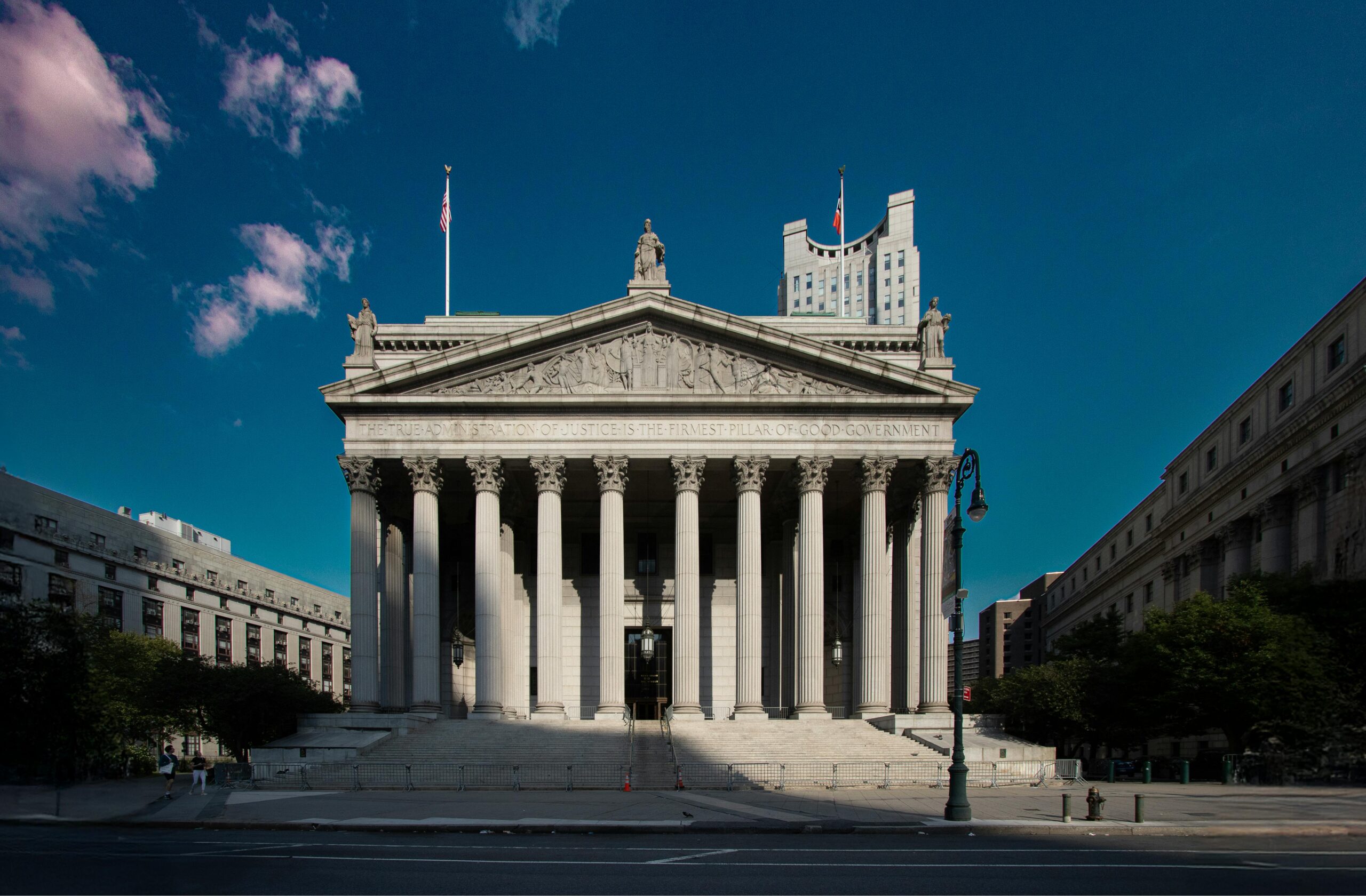Nearly a decade after the U.S. Supreme Court legalized same-sex marriage nationwide, the justices are being asked to reconsider their 2015 decision in Obergefell v. Hodges. This fall, the court will decide whether to hear a case brought by Kim Davis — the former Kentucky county clerk jailed in 2015 for refusing to issue marriage licenses to gay couples on religious grounds.
Davis is appealing a $100,000 jury award for emotional damages, plus $260,000 in legal fees, owed to David Ermold and David Moore, the couple she denied a license. In her petition, Davis argues that the First Amendment’s protection of religious freedom shields her from personal liability and that Obergefell was “egregiously wrong” and should be overturned.
“This mistake must be corrected,” her attorney Mathew Staver wrote, calling Justice Anthony Kennedy’s majority opinion “legal fiction.”
First Direct Challenge to Obergefell Since 2015
Davis’ case is believed to be the first formal request to overturn Obergefell since its ruling. Lower courts have repeatedly rejected her arguments, noting that as a county clerk, she was acting as a state official — and therefore cannot use the First Amendment as a defense.
Her appeal comes amid a renewed push by conservative groups and some state legislatures to roll back marriage rights for same-sex couples. In 2025 alone, at least nine states have introduced legislation or resolutions urging the Supreme Court to reverse Obergefell, according to Lambda Legal. The Southern Baptist Convention has also listed overturning the decision as a top priority.
Political Climate and Legal Odds
Public support for same-sex marriage remains high, with Gallup polling showing 70% of Americans in favor — up from 60% in 2015. However, support among Republicans has dropped to 41%, down from 55% in 2021.
Legal analysts see Davis’ bid as a long shot. Many believe the court’s conservative majority would prefer to let challenges work through lower courts before reconsidering Obergefell. “There is no world in which the court takes the case as a straight gay marriage case,” said legal analyst Sarah Isgur.
If Obergefell were overturned, existing marriages would remain valid under the 2022 Respect for Marriage Act, which requires all states to recognize same-sex and interracial marriages legally performed elsewhere.
The justices are expected to discuss Davis’ petition in a private conference this fall. If they take the case, oral arguments would likely be held in spring 2026, with a decision by June.


